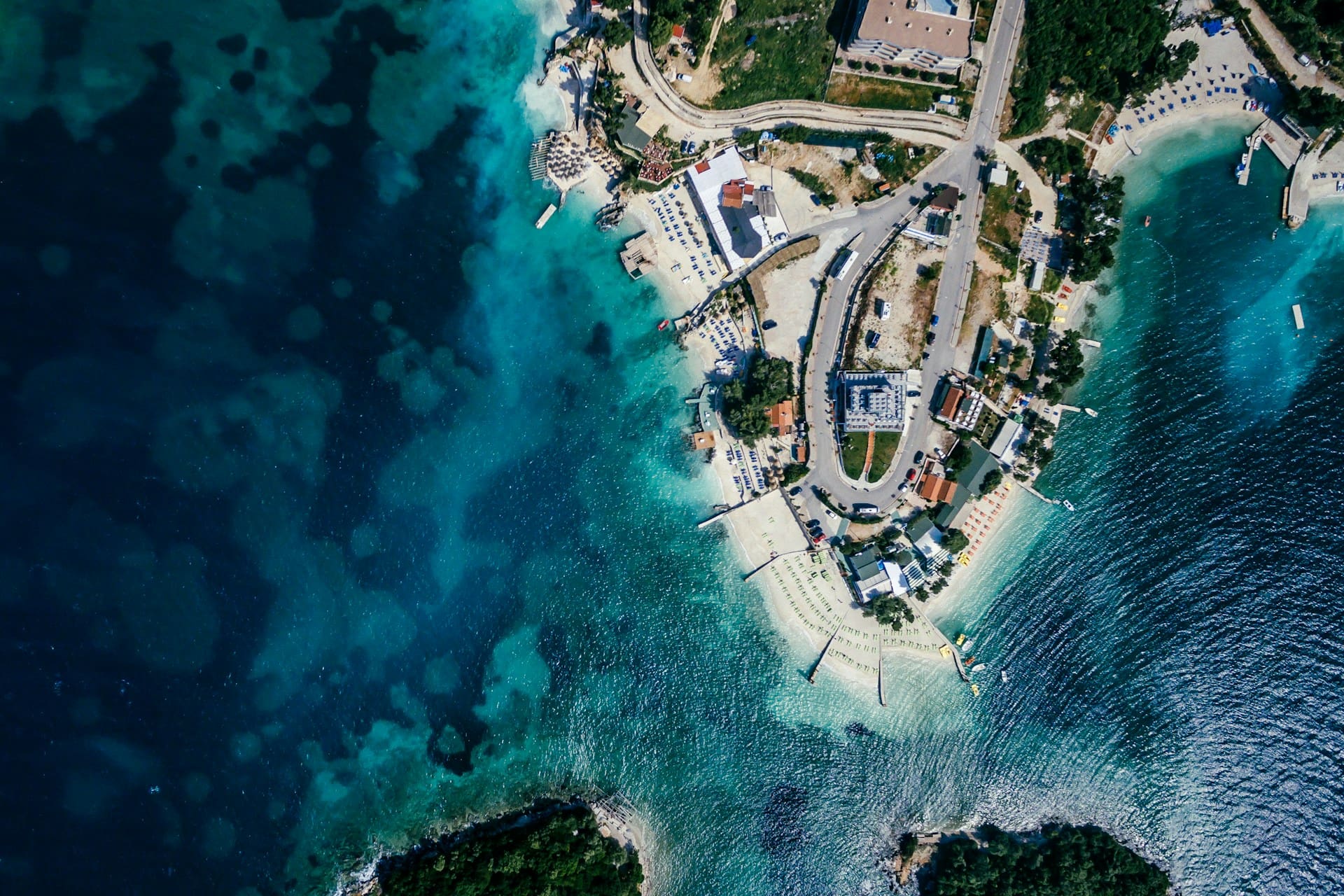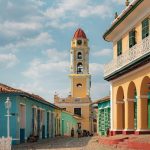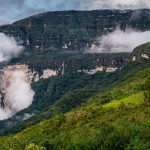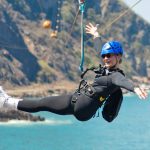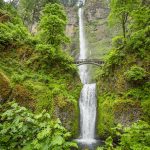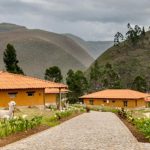
IAN STALKER
Once reclusive Albania has put out the welcome mat for international travellers and they’re responding.
Albert Shahinaj, general manager of Explore Albania Holidays, says his homeland spent much of the 20th century largely shunning contact with Westerners, but the end of communist rule in the Mediterranean-fronting nation has led to a dramatic change.
“Albania’s tourism industry is experiencing a remarkable renaissance,” he states. “In 2024, the country welcomed nearly 11.7 million foreign visitors, marking a 15% increase from the previous year — a clear indicator of its rising appeal. With over 3.8 billion euros in tourism revenue generated in the first nine months alone, tourism has become one of the most dynamic and vital sectors of the Albanian economy.
“In the decades since the early 1990s, the country has undergone a profound transformation. Today, Albania is not only open to the world, but actively welcoming to foreign tourists, investors, and global partnerships. Its tourism sector has become a national priority, with the government heavily promoting Albania as a safe, affordable, and authentic European destination. This growing openness is reflected in the increasing presence of international hotel chains, foreign-owned resorts, and global travel brands entering the market.
“A clear testament to this openness is Albania’s selection as the Host Country for ITB Berlin 2025 — the world’s leading travel trade show. This milestone reflects not only Albania’s ambition on the global stage, but also the confidence of the international tourism community in its potential.
“Albania’s appeal is also backed by global recognition — it’s consistently featured in major travel publications and was listed among Condé Nast Traveler’s top European destinations for 2025. In short, Albania has shifted from isolation to invitation, embracing the world with open arms.”
Shahinaj says Albania’s tourism infrastructure has improved considerably and continues to evolve at an impressive pace. The last decade has seen the government prioritize connectivity, accommodation, and coastal development to support the growing influx of visitors. Significant investments are reshaping key destinations, with the Durrës Marina, envisioned as a luxury yacht hub and lifestyle destination, under development and “set to redefine the Adriatic Riviera. Similarly, the Vlorë Marina project is enhancing the southern coast with modern amenities, upscale residences, and international-standard tourism facilities.”
One of the most ambitious upcoming projects is the transformation of Sazan Island — a former military base — into a world-class tourist destination. That initiative, led by Jared Kushner, a former White House advisor, is seen as signalling strong international interest and confidence in Albania’s tourism potential.
Inland infrastructure is also progressing rapidly. The Llogara Tunnel, opened in 2024, has dramatically improved access to the Albanian Riviera, while the upcoming Vlorë International Airport will further boost air connectivity.
Shahinaj says Albania offers a remarkably diverse experience within a compact territory, making it a unique European destination.
“One of Albania’s standout features is how quickly the landscape transforms,” he states. “You can drive from snow-capped mountains to sun-soaked beaches in under two hours. Whether you’re hiking in the dramatic Accursed Mountains, paragliding over Llogara Pass, or relaxing on the crystal-clear shores of Ksamil, the variety is stunning — and all easily accessible.
“Albania is steeped in history, with layers of Illyrian, Greek, Roman, Byzantine, and Ottoman heritage visible throughout the country,” Shahinaj continues.
Its cultural richness is reflected in its UNESCO World Heritage Sites, which include:
- Berat: Known as the “City of a Thousand Windows,” with well-preserved Ottoman-era architecture.
- Gjirokastër: A beautiful stone city with traditional Balkan homes and a hilltop fortress.
- Butrint: An ancient city that has seen Greek, Roman, and Venetian rule — now an archaeological park.
- Ohrid Lake: Natural and Cultural Heritage of the Ohrid Region (partly shared with North Macedonia).
- Gashi River and Rrajca (part of the Ancient and Primeval Beech Forests of the Carpathians and Other Regions of Europe).
Albania also has several tentative sites on the UNESCO list, including:
- The Royal Tombs of Selca e Poshtme
- Durrës Amphitheatre
- The Historic Centre of Vlorë
- Vjosa River, one of Europe’s last wild rivers, now a National Park, and a strong candidate for future UNESCO inscription.”
Shahinaj says his homeland can also provide a relatively inexpensive vacation.
“Albania is often described as offering ‘Mediterranean beauty without the Mediterranean price tag,'” he adds. “Accommodations, dining, and experiences are high-quality yet affordable, making it especially appealing to younger travellers and families.”
He also says Albania still offers a “genuine, unfiltered experience. Local traditions are alive, hospitality is heartfelt, and there’s a strong sense of connection between visitors and the communities they encounter.
“Albania stands apart through a combination of geographic, cultural, and historical uniqueness that gives it a character unlike any of its Balkan neighbours,” Shahinaj continues. “While the Balkans are known for stunning landscapes, Albania offers a rare sense of raw, unspoiled nature. From the rugged Albanian Alps in the north to the pristine beaches of the Riviera in the south, it remains one of the least commercialized — and therefore most authentic — destinations in the region.
“Albania is the only Balkan country with extensive coastlines along both the Adriatic and Ionian Seas, offering a diverse mix of beach experiences — from sandy stretches near Durrës to the turquoise, rocky coves of Ksamil and Himarë that rival those of Greece or Croatia.”
Albania is often cited as a model for religious tolerance and coexistence in our often turbulent world, with Muslims, Christians and Bektashi communities living side by side peacefully.
Decades of isolation under a rigid communist regime preserved aspects of Albanian culture and heritage that might have otherwise been diluted. “Today, this legacy is visible in architecture, traditions, cuisine, and even language, which is not Slavic or Romance, but part of its own Indo-European branch — Albanian, making it a true linguistic island,” Shininraj says.
While neighbouring countries like Greece and Croatia receive millions of tourists each year, Albania still offers what Shahinaj labels “the charm of under-tourism. Locals are genuinely curious and welcoming, and visitors often speak of the authentic human connections they experience while traveling here. Albania offers remarkable value without sacrificing quality. Whether you’re exploring castles, hiking in national parks, dining by the sea, or visiting ancient ruins, the experience feels personal — and often costs a fraction of what you’d pay in more established destinations.”
Shahinaj says Albania’s international profile is rapidly rising, though it still is somewhat undiscovered.
“In recent years, it has gained increasing attention in global media, travel publications, and industry events,” he states. “We dare to say that Albania is shifting from a ‘hidden gem’ to a rising star — and the world is starting to take notice,” Shahinaj says.
Shahinaj says that while Albania has more than enough to offer as a standalone destination, many visitors take advantage of its central location in the Western Balkans to explore neighbouring countries in the same trip, easily done as Albania borders Montenegro, Kosovo, North Macedonia, and Greece, all of which are easily accessible from Tirana in terms of distance and driving time.
For more information visit: https://explorealbaniaholidays.com.
